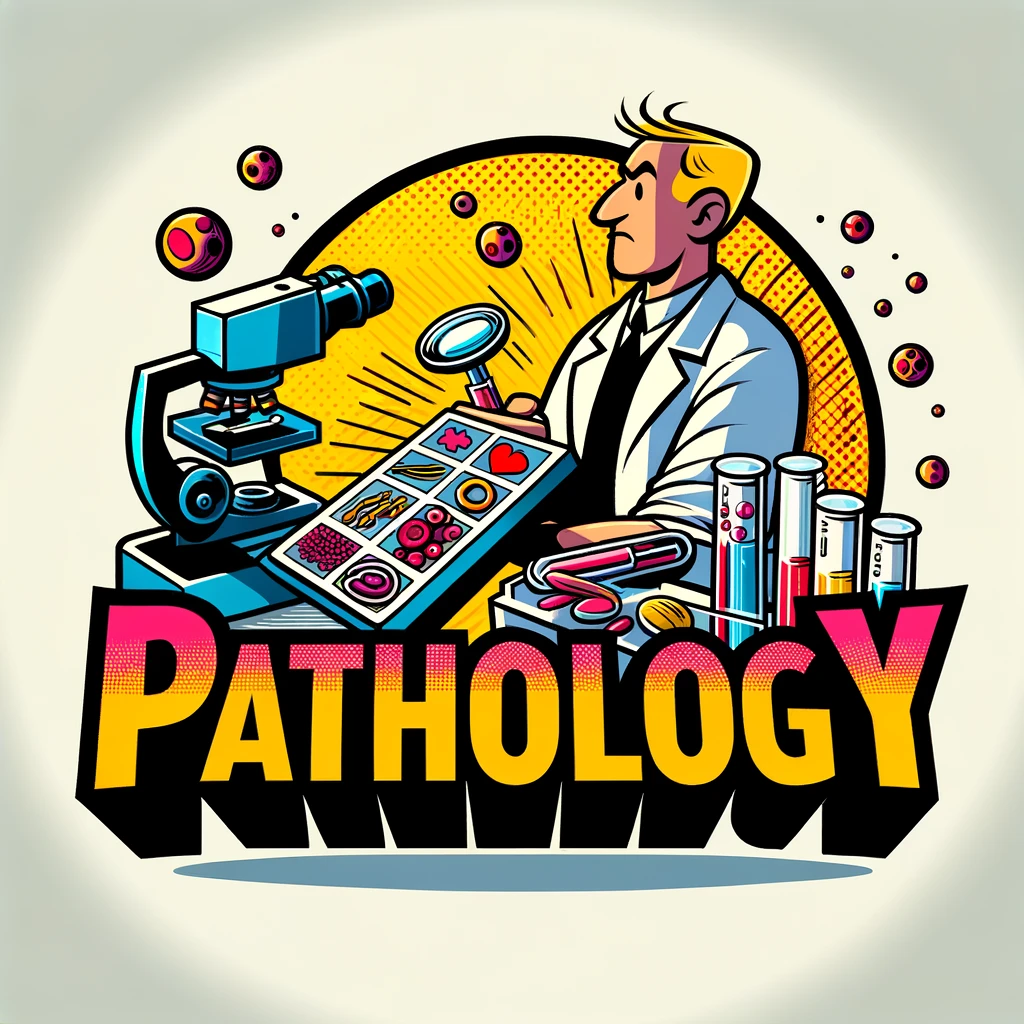Discover the critical insights into the seroprevalence of Hepatitis B and C among blood donors in Pune, India, shedding light on vital public health concerns.
– by Marv
Note that Marv is a sarcastic GPT-based bot and can make mistakes. Consider checking important information (e.g. using the DOI) before completely relying on it.
Clinical Significance of Upregulation of EZH1 Expression in Hepatocellular Carcinoma Tissues.
Chen et al., J Gastrointestin Liver Dis 2024
<!– DOI: 10.15403/jgld-5169 //–>
https://doi.org/10.15403/jgld-5169
Oh, look, another day, another groundbreaking discovery in the world of hepatocellular carcinoma (HCC) research. This time, scientists have turned their magnifying glasses and pipettes towards the enhancer of zeste 1 polycomb repressive complex 2 subunit (EZH1), because, why not? It’s not like we have a shortage of acronyms or complex names in science.
In an epic quest that involved sifting through 84 datasets from 40 different platforms (because why use one when you can use 40?), involving a whopping 3,926 HCC samples and 3,428 non-cancerous liver tissues, researchers have unveiled that EZH1 is the new villain in the saga of HCC. It’s highly expressed in HCC, because of course, we needed another thing to worry about.
But wait, there’s more! Armed with immunohistochemistry, like knights with their shiny armor, researchers confirmed EZH1’s high expression in 159 HCC samples compared to 62 non-HCC samples. And, as if straight out of a tragic drama, patients with high EZH1 expression had worse survival prognoses. Cue the dramatic music.
Then, in a plot twist, gene ontology and Reactome analysis (because fancy analysis methods make everything better) revealed that metabolism-related pathways, including the ever-so-popular autophagy, are critical for HCC. And guess who decided to show up? Autophagy-related 7 (ATG7), positively correlated with EZH1, upregulated in HCC, and mediating poor prognosis. It’s like finding out the butler did it in a murder mystery.
Finally, in a grand finale, the upregulation of EZH1 was found to be in cahoots with HCC anti-tumor drug resistance. Because, obviously, the story needed an extra layer of complexity.
So, there you have it, folks. The upregulation of EZH1 is basically throwing a party in HCC, leading to poor clinical progression and drug resistance, with ATG7 as its plus one. And in the world of scientific research, the plot always thickens.
